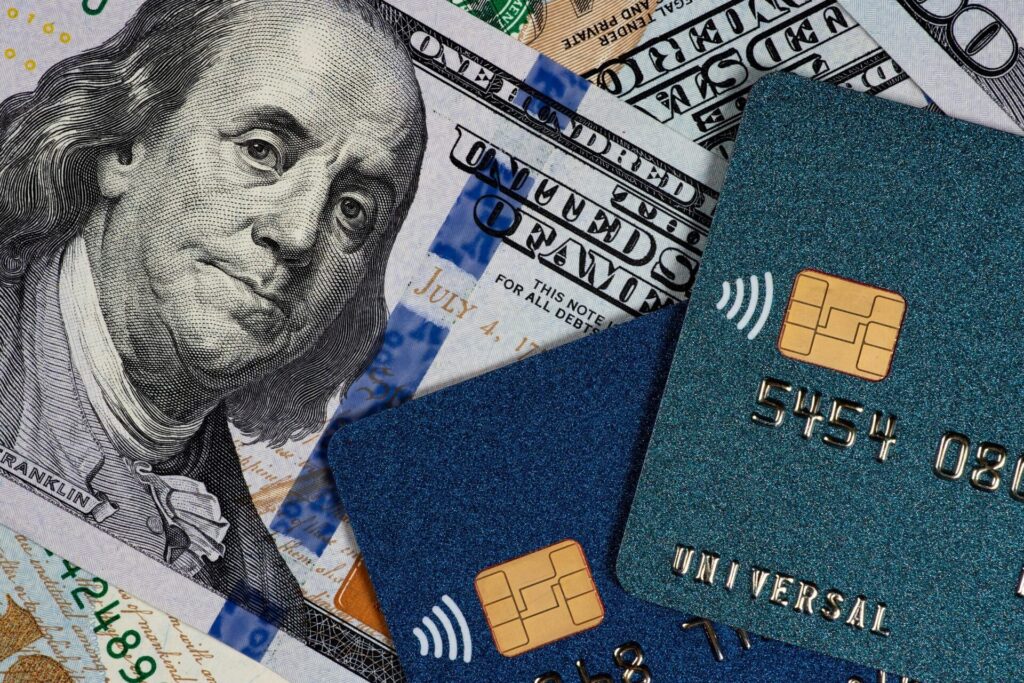Are you considering refinancing your car, but wondering if it will hurt your credit score? The answer isn’t straightforward. Refinancing can have both positive and negative impacts on your credit score, depending on several factors. Here’s how the process of refinancing works, its pros and cons, and the ways it can impact your credit.
The Process of Refinancing Your Car:
Refinancing your car means getting a new loan to pay off your existing auto loan. The new loan usually has better terms and lower interest rates, which means you can save money in the long run. To qualify for a refinanced loan, you’ll need to have good credit, a steady income, and some equity in your car.
Pros and Cons of Refinancing Your Car:
The main advantage of refinancing your car is that it can help you save money on interest payments, and likely lower your monthly payment. But there are some downsides to consider. Refinancing your car can extend the loan term, which means you’ll end up paying more interest in the long run. Additionally, if you have a poor credit score, you may not be able to qualify for a better loan.
Impact on Your Credit:
When you apply for a refinanced loan, the lender will check your credit score. This will result in a hard inquiry, which can temporarily lower your credit score. However, if you make your payments on time, your credit score will gradually improve over time.
Want to refinance but your credit score is low?
Brigit’s Credit Builder* can help. By making monthly on-time payments (as little as $1), Brigit can help you build credit by reporting your payments to the three credit bureaus. Want to learn more? Check out this 30-second video or visit https://www.hellobrigit.com/credit-builder
*Impact to score may vary. Some users’ scores may not improve. Results will depend on many factors, including on-time payment history, the status of non-Brigit accounts, and financial history. Results show that customers with a starting credit score of 600 or below were more likely to see positive score change results.
Banking services provided by Coastal Community Bank, Member FDIC.










